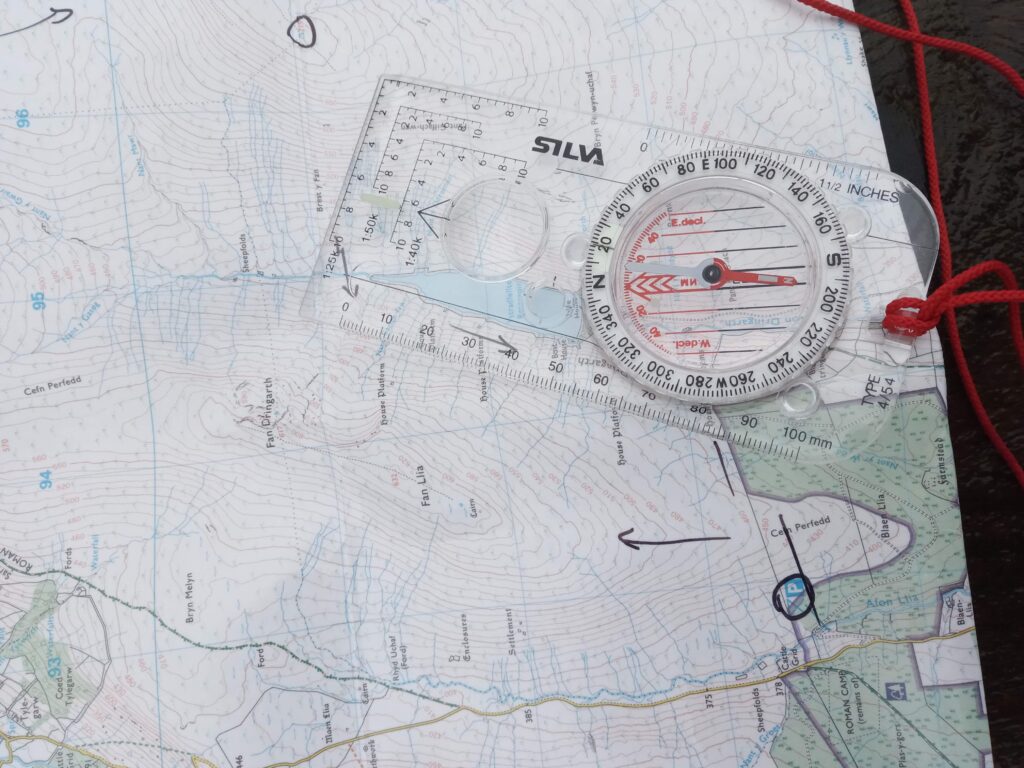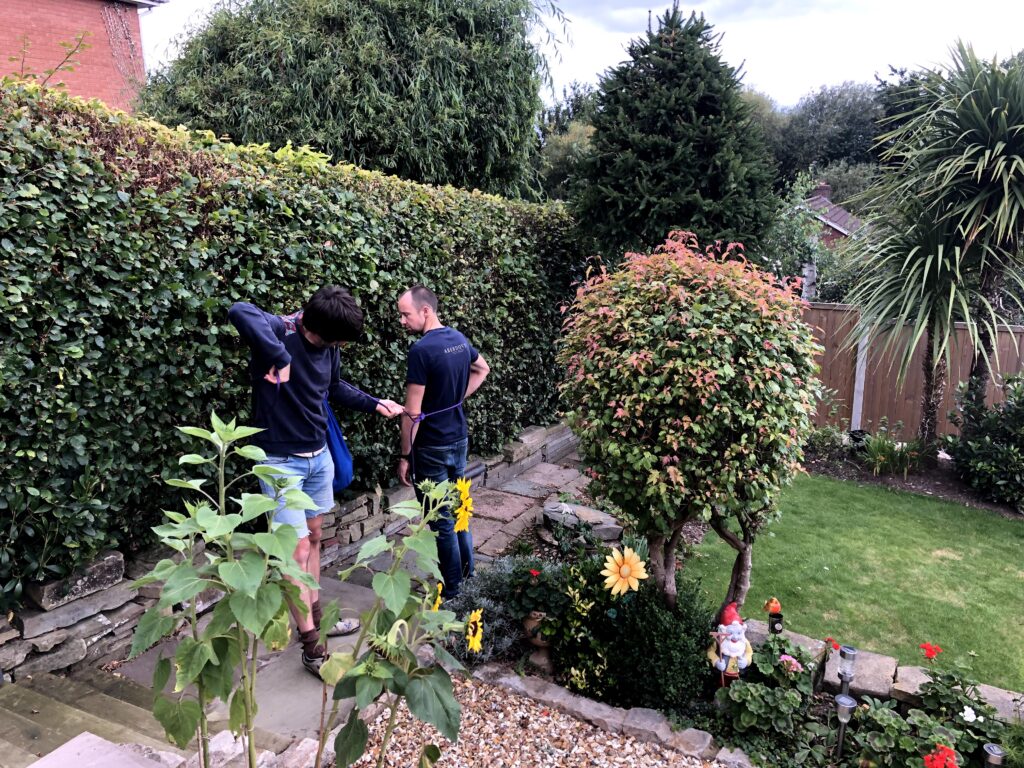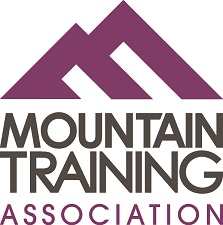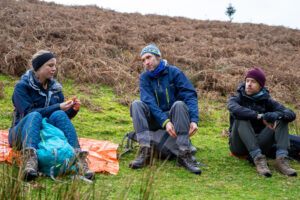I’m John Tierney, the mountain leader half of Connect Outside. As the seasons change and I am leading groups of all ages in the mountains much more, I’m drawn to focus on which of my own mountain skills might have faded over the winter and look for ways to bring them back to their best. As mountain leaders we are responsible first and foremost for people’s safety when they explore the outdoors with us, we are trained and assessed by the Mountain Training Association in navigation, outdoor first aid, group management, walk planning, emergency procedures and even unplanned use of a rope for safety and security on steep ground.

If not used regularly these skills are not second nature, and should a situation arise that needs a mountain leader to act quickly we need to be able to do the right thing calmly. We’re encouraged by Mountain Training to bring awareness and practice of skills that may have faded into how we operate as the seasons change to reduce risk and increase safety for ourselves and those we look after.
This thinking comes, I believe from the medical professions where skills fade has been researched. There is substantial evidence that time out of practice does impact on the individual’s skills. Skills have been shown to decline over periods ranging from six to 18 months, according to a curve, with a steeper decline at the outset and a more gradual decline as time passes. This blog was inspired by and draws from an article from The professional Mountaineer.

In the teaching professions there’s also been a lot of research about how people retain knowledge. We all know about repetition, practice, and how things we do daily become second nature, but tasks we do less often can often be hard to start, painful to do and take longer as we relearn how to do them well.

Without further revision, the average learner retains only 10% of new information after 60 days. Yes you’ve read that twice, read it again for the next four days and you might actually remember it by next week!
What am I doing to keep skills fresh?
I took the family up some mountains in Scotland on holiday, great for planning appropriate routes, manage a tricky group (!) and looking after a wide range of people, we had a dozen of us from aged 3 up to 50. I’m lucky that during the winter I now keep doing Duke of Edinburgh Award group work, this keeps my hand in teaching navigation, as well as supervising and leading group walks. I’ve worked hard to establish links with local schools that use me throughout their annual programme as a lot of DofE freelance work can be Easter to July only.
I like to refresh my first-aid knowledge with reading and videos, it’s essential that I go on a full 2 day outdoor first aid course every three years, but I have a refresh of my own at the start of each season. I also like to get myself into unknown areas for a practice of handling the unknown, all my Connect Outside routes are get a recce before taking clients, but for DofE work I can be operating in places I haven’t been before. Each February I pack a full kit bag that I use on each trip, it’s a chance to check the gear I use, first-aid kit, spare clothes as well as incorporate any new purchases. This bag then gets repacked straight after each outing for sanity in the busy season!
Any work planned work on steep or exposed ground sees me getting the rope out at home and practicing with kids or willing relatives in the back garden (not a worry for connect outside walks!)

How could skills fade apply to you, your team or organisation?
This can’t just apply to medics and mountain leaders? Does your business have a peak trading season, annual tasks linked to the financial year, annual appraisals, periodic events, starting a significant project, bringing in a group of graduates….
How do you make sure lessons learned in the (dim and distant) past are made fresh and used to improve outcomes? Do you have staff members who are new to this? how will you plan for success?
Some general pointers can be used in any scenario:
- Skills fade happens over 6 to 18 months, with a steeper start and becoming more gradual.
- Talking about it with peers, having planning sessions, doing prep work can help mitigate for skills fade
- The higher the level of proficiency before a break, the more skills will be maintained.
- Self assesment of competence doesnt always match the evidence.
- Refresher training, easing into things, ongoing CPD, and checklists can all be useful tools for your teams kit.
How you mitigate for skills fade depends on your scenarios, your people and the impacts of it. I’ll leabe you with one of my favourite workshops to run from my IT days.
Lets imagine it’s all gone wrong
Get the people together. we spend ten minutes imagining, talking through a theoretical scenario where the big project go live, or business event has gone terribly wrong. we get try to make it feel a bit real. like we’re actually in that crisis meeting straight after the sheep hit Pen-Y-Fan.
This kind of workshop is called a Pre mortem. asking people to list, explain then group all the reasons they can think of as to why its gone wrong can be fascinating. There’s then group awareness, clear responsibility for owning and mitigating the risks of failure as well as a great anchor memory of how it felt to be in that meeting to come to mind as the project evolves.
I continue to love taking some of the more interesting indoor workshops I used to facilitate into the outdoors with Emma and clients. Looking forward to the better weather meaning more mountains. See you out there!


